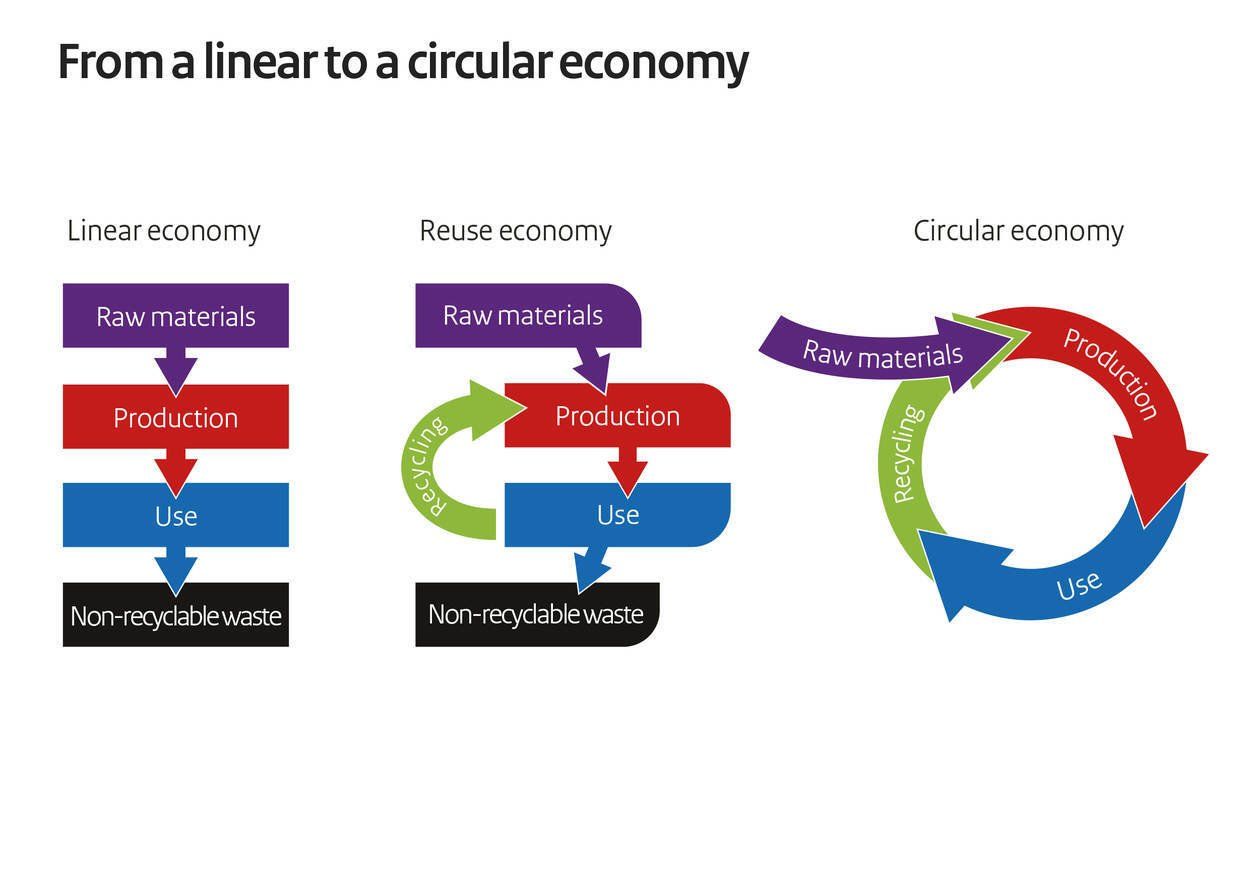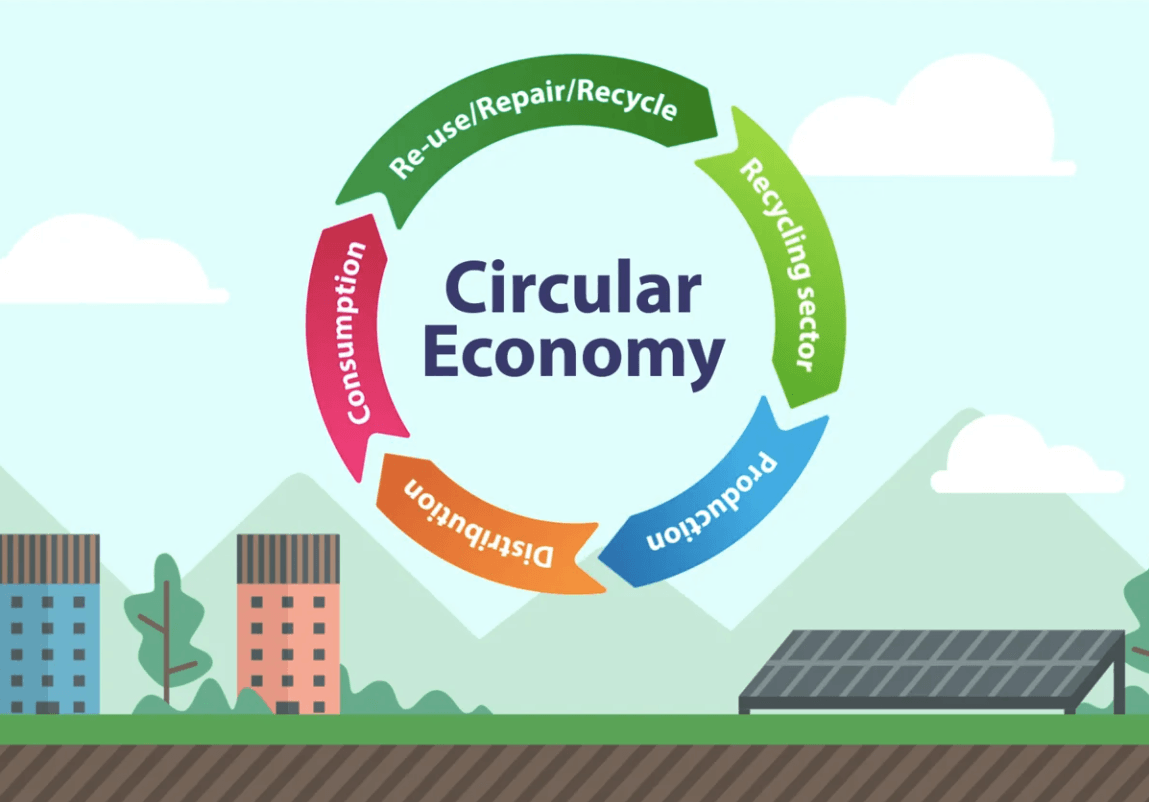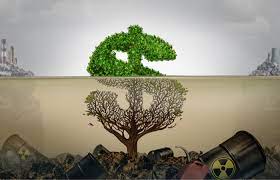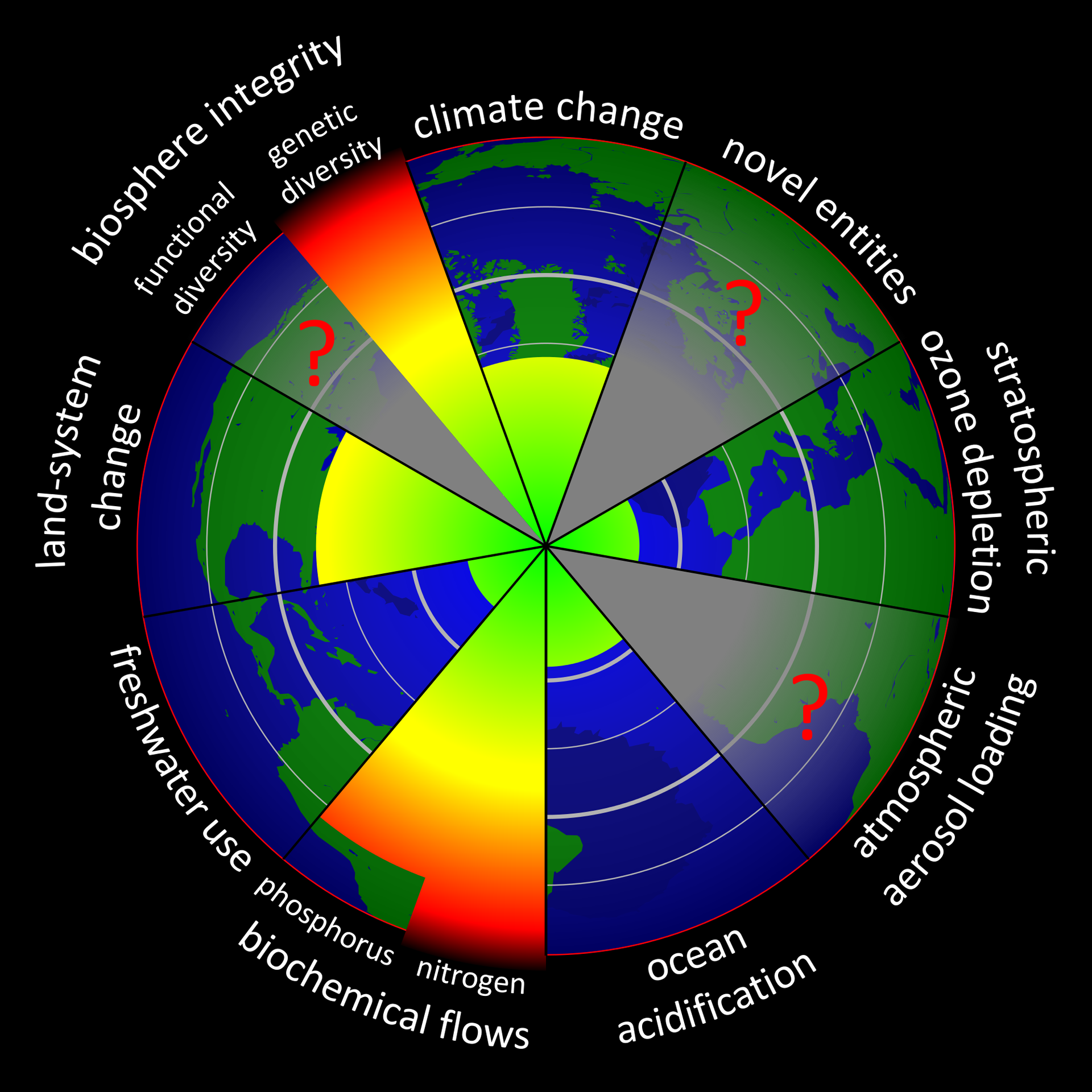Why Should Business Be more Sustainable? The Economic Case
Show me the Money! The Business Case for Sustainability

Sustainability has for the last decade been associated with cost. In terms of construction and design achieving a high BREEAM rating involved a number of technologies (e.g. ground source heating) or design innovations (e.g. green rooves) that added to cost. The same could be said of other sectors as new green ideas began coming through.
Over time these innovations and technologies have become more efficient. These improvements combined with the adoption of new approaches have made sustainability a more attractive proposition.
Mindset Change
Challenging the norm leads to innovation. The recognition in the 1970's that their method of production was inefficient led to 3M introducing the 3P approach of "Pollution Prevention Pays" in 1973. By 2008, 25 years later, this has led 3M has achieving:
- 80 percent improvement in energy efficiency at their U.S. operations since 1973.
- 37 percent improvement in energy efficiency at their operations worldwide since 1998.
- 11 percent improvement in energy efficiency from 2005-2006.
- A calculation made in 2010 suggested the value of these savings was $1.4 bn
This in effect was converting the linear economy into a more circular economy within 3M.
Benefits of Adopting a Sustainability Strategy
If that example from 3M was not powerful enough there are plenty more.
In 2019 the following commitments were made:
- Amazon will be carbon neutral by 2040 and will buy 100,000 EVs.
- Ikea added another €200 million to its investments in being carbon neutral by 2030.
- German cement company Heidelberg pledged to create carbon neutral concrete by 2050.
- Ingersoll Rand, owner of the big HVAC brands like Trane, pledged to reduce customer carbon footprint by 1 gigaton.
- Kellogg Company will improve the lives of 3 billion people through a variety of efforts around food and nutrition and provide donations to feed 375 million people.
So why do these businesses have such bold sustainability strategies?
Large publicly traded businesses are pursuing sustainability in part because of the following:
- Society’s expectations of business have changed. We expect companies to go further and do more. The concept of Corporate Social Responsibility has grown and now large corporates have devoted more attention to ESG (Environmental, Social and Governance) strategy
- McKinsey found that consumers would pay a premium of 5% on average for a product with "green" credentials as against a similar non-green product which produced to the same standard. Indeed when Unilever produced a new cleaning product that used 80% less water, the product outperformed its market by 20%.
- Social media has changed where people get trusted information about companies and products from. This form of media has developed a more intimate direct relationship between brands and their customers but allows information about brands to spread more easily. One area in particular focus is that brands are more conscious that influencers can highlight issues. Thus recognising that corporate sustainability performance is more under the spotlight.
- McKinsey and Harvard have found that organizations paying attention to ESG are better managed. As a consequence, this too has been recognised by investors. Thus such a premium creates value for shareholders which in turn increases the longevity of management.
- Many companies are voluntarily reporting on greenhouse gases and water as a function of the work by CDP Worldwide. Such disclosure is highly correlated with positive performance of those corporate stocks.
- Employees have shown a preference for companies with strong sustainability values. Unilever having produced its Sustainable Living Plan in 2010 became the third most sought after employer on LinkedIn (behind Apple and Google). Highly motivated staff leads to increased productivity and associated economic benefits
- Sustainability reporting has become the norm. The 2020 KPMG Survey of Sustainability Reporting found almost all (96%) of the world’s largest 250 companies (the G250) report on their sustainability performance. For the N100 –5,200 companies comprising the largest 100 firms in 52 countries – 80% do so.
- Pressure is coming from the insurance industry with respect to companies that ignore sustainability as they fear the potential for climate-related litigation risks similar to the problems the industry experienced in association with asbestos.
- Climate change activists have highlighted perceived inadequacies in ESG behaviour from large corporates. For example HSBC had windows smashed in 2021 for continuing to invest in companies that continue to degrade the planet. This negative publicity has a high impact on consumers who do not want to be associated with such brands.
Small to medium-sized businesses are pursuing sustainability in part because:
- In many cases their customers demand it. Supply chains of Unilever are required to comply with sustainability targets and reporting. Toyota announced in April 2021 that it will review the industry associations it is part of to ensure they are compliant with the aims of the Paris Agreement, as part of a commitment to reach carbon neutrality by 2050. Other procurement bodies also require transparency of their supply chains for this and for similar issues.
- 79% of people are ,ore loyal to purpose-led brands according to respondents to a 2018 Cone / Porter Novelli Purpose Study
- It creates niche markets for more sustainable companies to exploit. Smaller companies are more nimble and can rapidly exploit new niches in the market. In 2019, a Bill Gates-backed startup focused the sun’s rays to create heat of 1,000 degrees Celsius, hot enough for making cement, steel, glass, and more.
- Sustainable alternatives are becoming cheaper as part of the production process. As the cost of building new solar and wind continued to fall, we reached a “coal crossover” point, as three-quarters of U.S. coal plants are more expensive to run than new renewables. In April 2019, the U.S. got more energy from renewables than coal for the first time, and low-carbon energy overtook fossils in a number of countries like the UK, Sweden, Denmark, Portugal, Nicaragua, and Costa Rica. In 2020, offshore wind powered 39% of UK homes.
- Younger employees expect it. They represent a generation more attuned to the concerns associated with climate change and sustainability.
- It brings meaning to work. A greater sense of purpose among staff can be generated by a strong sustainability message. A more motivated workforce is reflected in increased performance
Sustainability is Our Future
Consumers are changing as they become more sustainability concious. In 2019 in the US vegan offerings from Impossible and Beyond Meat quickly jumped from niche curiosities to featured players on the menus of Burger King, McDonald’s, Dunkin’ Donuts, Subway, White Castle, KFC, and Carl’s Jr.
Burger King credits the Impossible Whopper for its most successful quarter in four years.
The alternative protein trend is also global, with Hong Kong-based Omni Pork offering vegan substitutes across Asia. This shift is important because the conventional, industrial food and agriculture industries (including the cows) produce a quarter or more of global carbon emissions.
In response, the conventional food business is talking more about regenerative systems and specifically “regenerative agriculture.” These new methods of production promise to grow food and raise cattle while sequestering enormous quantities of carbon, which makes the soil richer and helps tackle climate change. President Biden even mentioned paying for "cover cropping" in his first address.
Sustainability is now at the forefront of thinking. COP26 is being held in Glasgow this year. Consumers are changing, governments are changing, corporates are changing and your competition is changing.
Are You?













